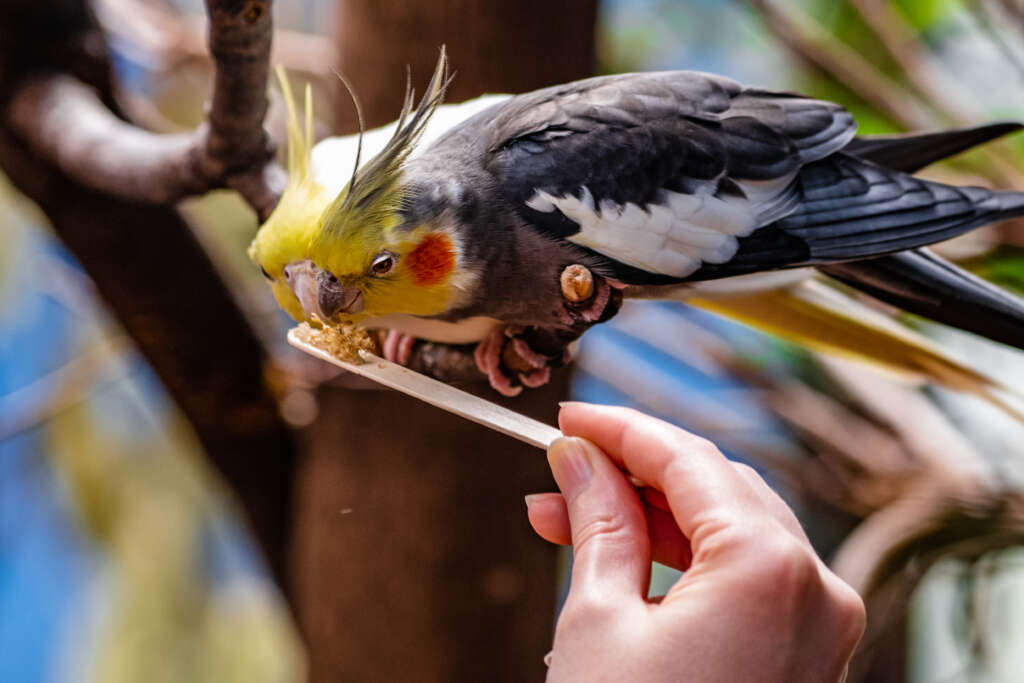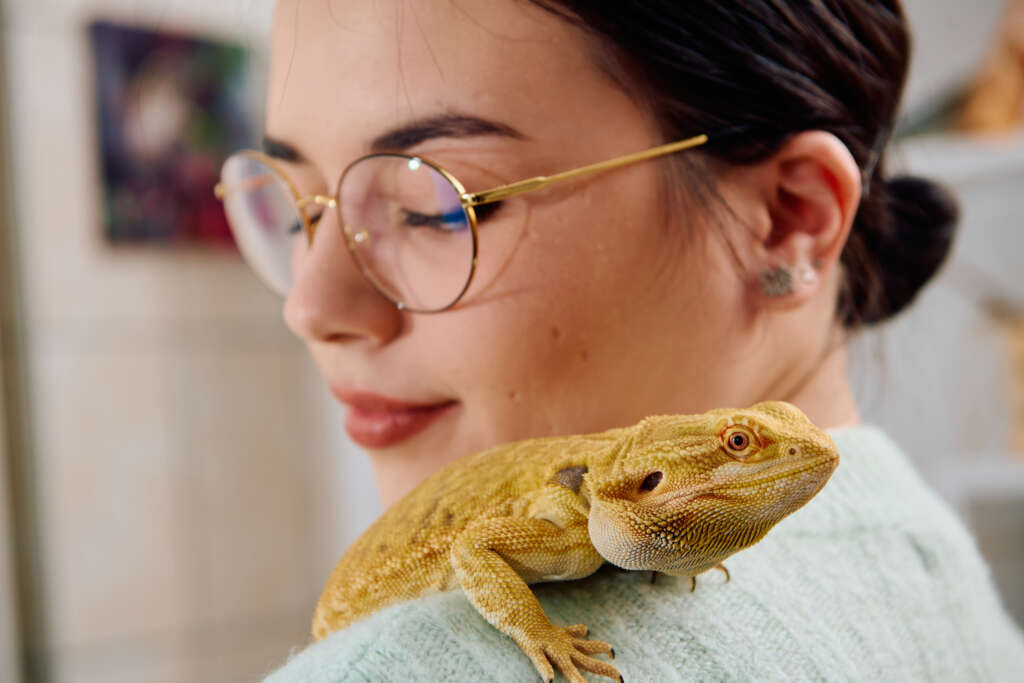
The Middle East has long been associated with a fascination for exotic animals. From majestic falcons soaring over the Arabian desert to lavish private collections featuring rare big cats, the region’s love for extraordinary pets is undeniable.
But with this fascination comes an important question: What is legal and ethical when it comes to owning exotic pets in the Middle East?
The Appeal of Exotic Pets in the Middle East
Many factors contribute to the allure of exotic pets in the region:
- Cultural Heritage – Falcons, camels, and Arabian horses have deep-rooted significance in Middle Eastern traditions.
- Status Symbol – Rare animals are often seen as a mark of wealth and prestige.
- Social Media Influence – Exotic pets featured in influencer posts can drive trends and demand.
However, as laws and awareness evolve, so does the conversation around responsible pet ownership.
What Exotic Pets Are Legal in the Middle East?
1. Falcons (Legal & Culturally Significant)
Falconry is an ancient and legal tradition across the Gulf. Countries like the UAE, Qatar, and Saudi Arabia regulate falconry with permits and specialized breeding programs. Owners must register their birds, and falcons even get their own passports for travel!
2. Reptiles (Regulated but Allowed in Some Countries)
Certain reptile species, like ball pythons, geckos, and tortoises, are legally kept as pets. However, large constrictor snakes or venomous species often require special permits or are outright banned.
3. Exotic Birds (Allowed with Regulations)
Macaws, parrots, and cockatoos are popular in the region and often legally available through licensed breeders. However, smuggling remains a concern, leading to tighter restrictions.

4. Big Cats (Banned in Most Countries)
Owning lions, tigers, and cheetahs was once a status symbol in the Middle East, but many countries, including the UAE and Saudi Arabia, have banned private ownership. These animals are now only allowed in licensed sanctuaries and zoos.
5. Primates (Largely Illegal & Unethical)
Many Middle Eastern countries, including Kuwait and the UAE, have cracked down on private ownership of monkeys and apes due to welfare concerns and the risk of disease transmission.
The Ethical Dilemma of Exotic Pets
Even when exotic pets are legal, their ownership comes with ethical considerations:
- Welfare Concerns – Many exotic animals require specialized care that is difficult to provide in a home environment.
- Wildlife Trafficking – The illegal pet trade fuels poaching and the exploitation of animals from their natural habitats.
- Public Safety – Large or venomous animals can pose risks to owners and the public if improperly handled.
Laws & Regulations in Key Middle Eastern Countries
United Arab Emirates (UAE)
- Strict regulations under Federal Law No. 22 of 2016 prohibit private ownership of dangerous animals.
- Only licensed facilities can house big cats and other dangerous wildlife.
- Falconry is permitted with official registration.
Saudi Arabia
- The National Center for Wildlife regulates exotic pet ownership.
- Wild animals such as lions and cheetahs are illegal as personal pets.
- Native species, like falcons, are legally kept under special permits.
Qatar
- Private ownership of dangerous exotic pets is illegal under Law No. 5 of 2020.
- Legal ownership of birds and some reptiles is permitted through licensed breeders.
Kuwait & Bahrain
- Both countries have introduced strict bans on private ownership of big cats and primates.
- Falconry remains legal with permits.

How to Be a Responsible Exotic Pet Owner
If you’re considering an exotic pet, here’s how to do it the right way:
- Check Legal Requirements – Always verify what’s allowed in your country.
- Adopt Instead of Buying – Consider adopting animals from rescue centers rather than fueling the exotic pet trade.
- Ensure Proper Care – Research the species’ needs to provide an ethical, enriching environment.
- Support Conservation Efforts – Donate to or volunteer with organizations working to protect wildlife.
Final Thoughts
Owning an exotic pet in the Middle East isn’t just about following the law—it’s about making ethical choices that ensure the well-being of animals. While falcons and certain birds remain a cherished part of the region’s heritage, many wild species are best left in their natural habitats.
With increasing awareness and regulations, the Middle East is taking steps toward more responsible pet ownership, balancing tradition with conservation.
Would you own an exotic pet? Let us know your thoughts!


